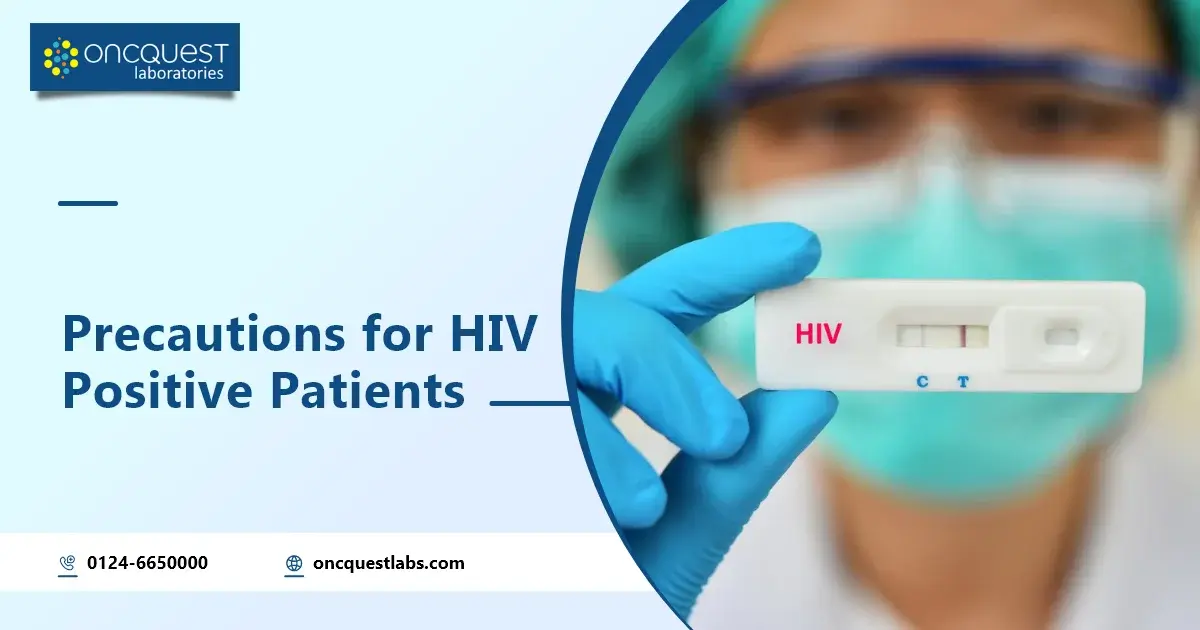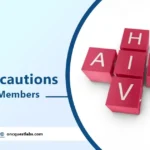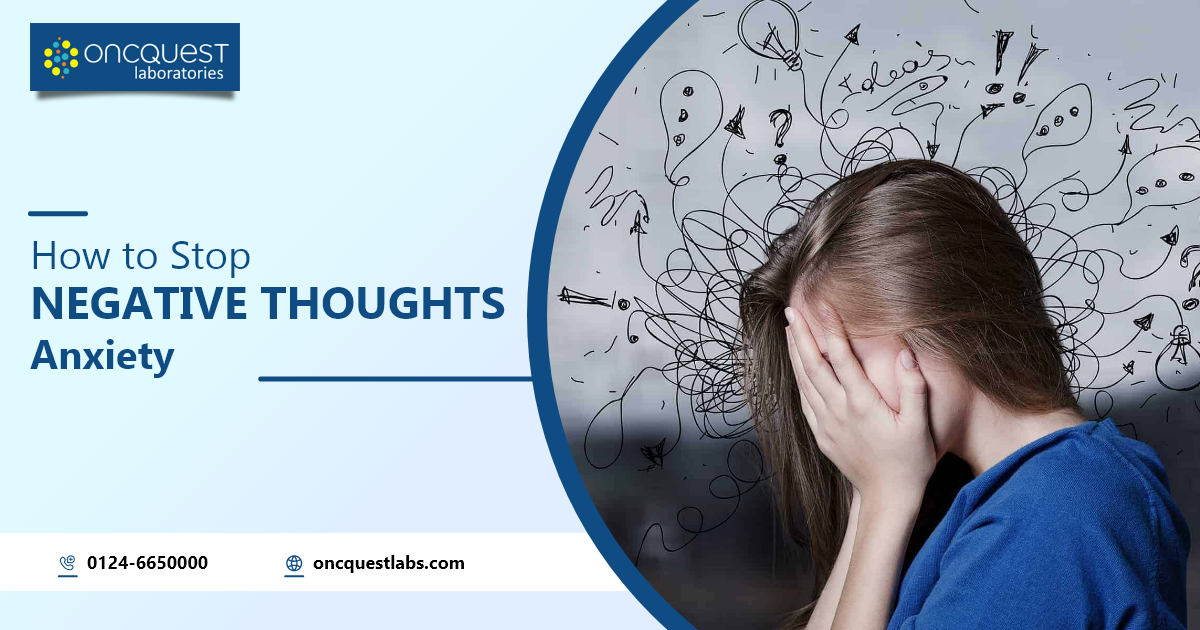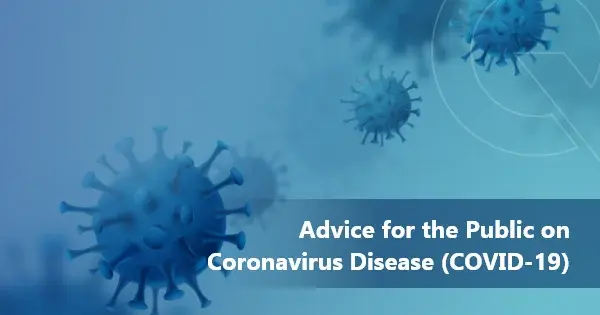Hi there! In this blog, we’re going to talk about ways for people living with HIV to stay healthy and protect others. It’s all about simple steps that can make a big difference in managing HIV and living well. Let’s jump right in!
Contents
Overview
- Stay safe during sex: To lower your chances of getting HIV, use condoms every time you have sex and make sure you’re using them correctly.
- Stay safe if you use needles: Avoid using drugs, but if you do, always use new, clean needles and never share them with anyone else.
- Consider PrEP if you’re at risk: If you don’t have HIV but are at risk, ask your doctor about PrEP. It’s a medicine you take regularly to reduce your chances of getting HIV.
- Protect others if you have HIV: Take your HIV medicine exactly as your doctor says. This can lower the amount of HIV in your body so much that it’s not detectable in tests. When your HIV is undetectable, you won’t pass it to your partner during sex.
- Prevent passing HIV to your baby: If you’re pregnant and have HIV, taking HIV medicine during pregnancy and childbirth can greatly reduce the chance of passing HIV to your baby. If you and your partner both have HIV and want to have a baby, talk to your doctor about ways to keep you and your baby safe from HIV.
How is HIV transmitted?
HIV spreads between people through specific actions like sex or using contaminated needles for drugs. It can only pass through certain body fluids like blood, semen, vaginal fluids, and breast milk. For HIV to spread, these fluids must touch mucous membranes (inside the rectum, vagina, penis, or mouth), open cuts, or be injected into the bloodstream with a dirty needle.
1. Having unprotected sex (without a condom) with someone who has HIV or isn’t taking HIV medicines.
2. Sharing needles or syringes with someone who has HIV while using drugs.
HIV can also pass from a parent with HIV to their baby during pregnancy, childbirth, or breastfeeding. This is called perinatal transmission.
How is HIV not transmitted?
You can’t get HIV from:
1. Casual contact like shaking hands, hugging, or kissing without exchanging saliva.
2. Touching objects used by someone with HIV like toilet seats, doorknobs, or dishes.
3. Mosquitoes, ticks, or other insects.
4. Other non-sexual activities that don’t involve sharing body fluids.
5. Giving blood or receiving a blood transfusion.
How can I reduce the risk of getting HIV?
Everyone can get HIV, but you can protect yourself from it by taking these steps:
1. Get tested for HIV. Talk to your partner about testing before having sex.
2. Choose safer sexual activities. HIV spreads mainly through unprotected anal or vaginal sex.
3. Always use condoms during sex. Learn how to use them correctly from the CDC.
4. Limit your sexual partners. Having fewer partners reduces your risk of getting HIV.
5. Get tested and treated for STDs. Ask your partners to do the same, as STDs increase HIV risk.
6. Talk to your doctor about PrEP. It’s a medicine that reduces HIV risk for at-risk individuals.
7. Avoid injecting drugs. If you must, use sterile equipment and never share it with others.
How can I prevent passing HIV to others if I have HIV?
Taking HIV medicines as your doctor tells you is important. These medicines, called antiretroviral therapy (ART), help people with HIV stay healthy. They can’t cure HIV but can lower the amount of HIV in your body (viral load). ART aims to make the viral load undetectable.
An undetectable viral load means HIV levels are too low to show up on tests. People with HIV who keep their viral load undetectable by taking ART as prescribed have almost no risk of passing HIV to an HIV-negative partner during sex.
Remember, HIV medicines don’t prevent other STIs. Besides keeping an undetectable viral load, use condoms every time you have sex, talk to your partner about PrEP, and if you use drugs, never share needles or equipment.
Are HIV medicines used at other times to prevent HIV transmission?
HIV medicines are also used in two other important ways:
1. Post-exposure prophylaxis (PEP): This means taking HIV medicines within 72 hours after a possible HIV exposure to prevent infection. It’s for emergencies, not regular use.
2. Preventing perinatal transmission of HIV: Pregnant people with HIV take HIV medicines to stay healthy and prevent passing HIV to their babies during pregnancy, childbirth, or breastfeeding. Babies born to them also get HIV medicine to stay safe.
Frequently asked questions
Q1: What should you avoid if you are HIV positive?
A1: Avoid consuming raw eggs or foods with raw eggs like homemade cookie dough, raw or undercooked poultry, meat, and seafood, and unpasteurized milk, dairy products, and fruit juices to reduce the risk of foodborne illnesses.
Q2: How to live with HIV positive person?
A2: Caregivers should prioritize spending time with the person with HIV/AIDS, monitor their weight, oversee medication intake, provide emotional support, and stress the importance of regular eating while avoiding coercion. These actions contribute significantly to the well-being and management of individuals living with HIV/AIDS.
Q3: How many years can a person live with HIV?
A3: With modern treatments like antiretroviral therapy (ART), many people with HIV can live long, healthy lives, often approaching normal life expectancies. It’s not uncommon for individuals with HIV to live for several decades with proper medical care and adherence to treatment plans.





